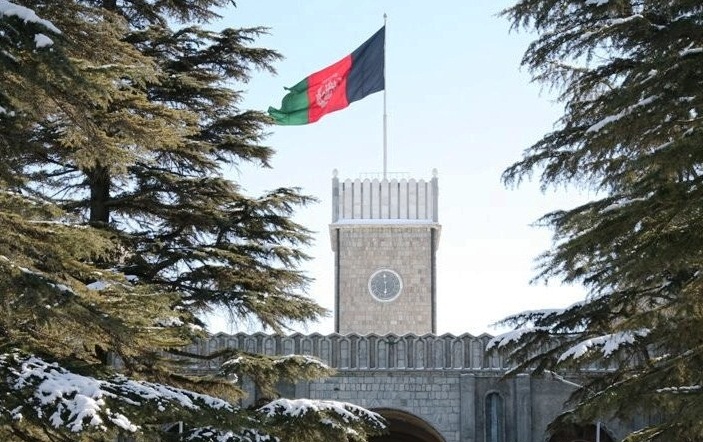AT-KABUL: As many as 113 judges and attorneys have been arrested on the charge of corruption throughout the country, the Supreme Court announced Saturday.
They were arrested in the recent months, said Supreme Court Spokesman Abdullah Attaee.
“The recent arrests indicate that we take the fight against corruption serious,” Attaee told reporters, calling the reform in the judiciary system one of the top agendas for the government.
The Supreme Court believes that the elimination of corruption in judicial system would be an encouraging step for people to stop referral of cases to extra legal court.
Corruption is a widespread and growing problems in different organs including judicial system. Corruption and long prosecution system in the courts is one of the main factors that people refer their cases to extralegal courts in some remote district of provinces.
Serious fight against corruption is one of the pre-conditions of international community before running Brussels conference, where the donors will pledge new financial support to Afghanistan for next four years.
Corruption is rampant in almost all governmental departments. According to a survey, conducted by Pajhwok Afghan News and the EU Delegation in Afghanistan, around 50 percent of the population is forced to pay bribe to resolve their problems in the governmental organizations. The percentage is shocking even for foreigners, let alone Afghans. Afghanistan is the only country on this planet where corruption is at such extreme level.
In June this year, President’s special representative for reform and good governance Ahmad Zia Massoud criticized the law enforcement agencies for being weak against corruption, calling corruption a big threat before economic growth.
Massoud stressed that corruption had become a big national challenge hampering all the aspects of development in the country.
“Thousands of hectares of lands were usurped and many mafias are working in importing of oil, but there is no power administration to prosecute the grabbers and mafia in the court,” he lamented.
He termed the simplification of old management procedures, establishment of electronic governance, enforcement of law, observation and auditing as the major measures for fighting against corruption.
Lack of cooperation between the relevant organizations is another challenge.
“Unfortunately, there is no considerable cooperation among ministry of interior attorney general and Supreme Courte to initiate joint struggle against corruption,” Massoud said.
This year, the Monitoring and Evaluation Committee (MEC) in a report said that health sector had lost people’s trust and donors due to corruption.
Discrimination with patient in health sectors, double behave of doctors with patient, nepotism in hiring of staffs were other problems caused decrease of people and donor trust over health sector.
 Afghanistan Times
Afghanistan Times




